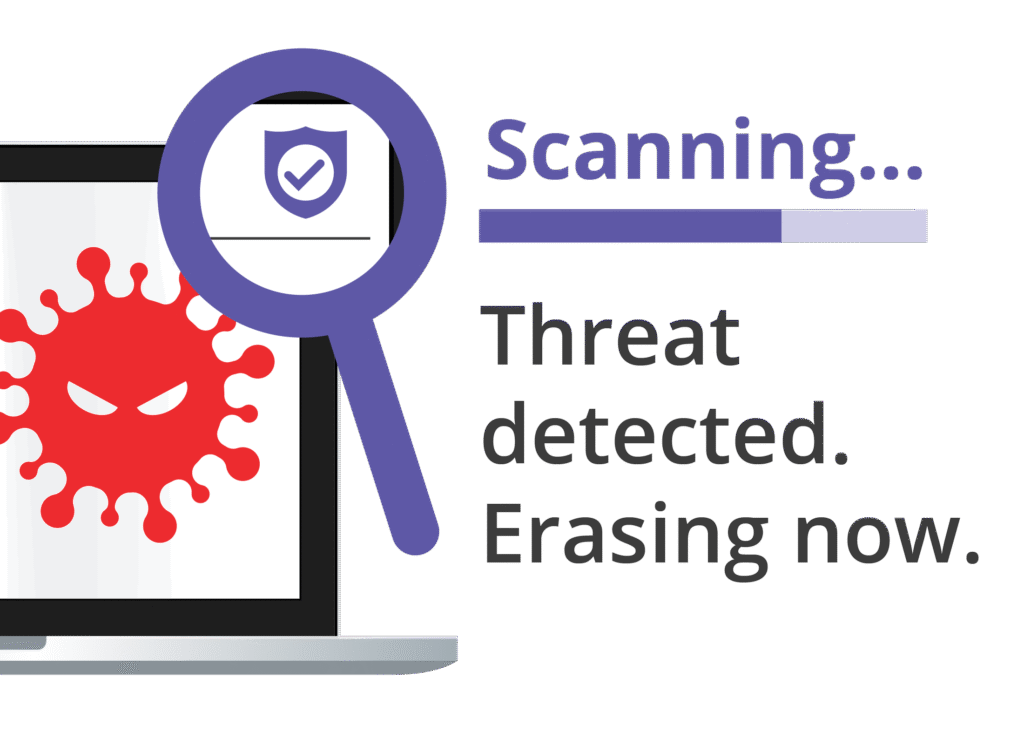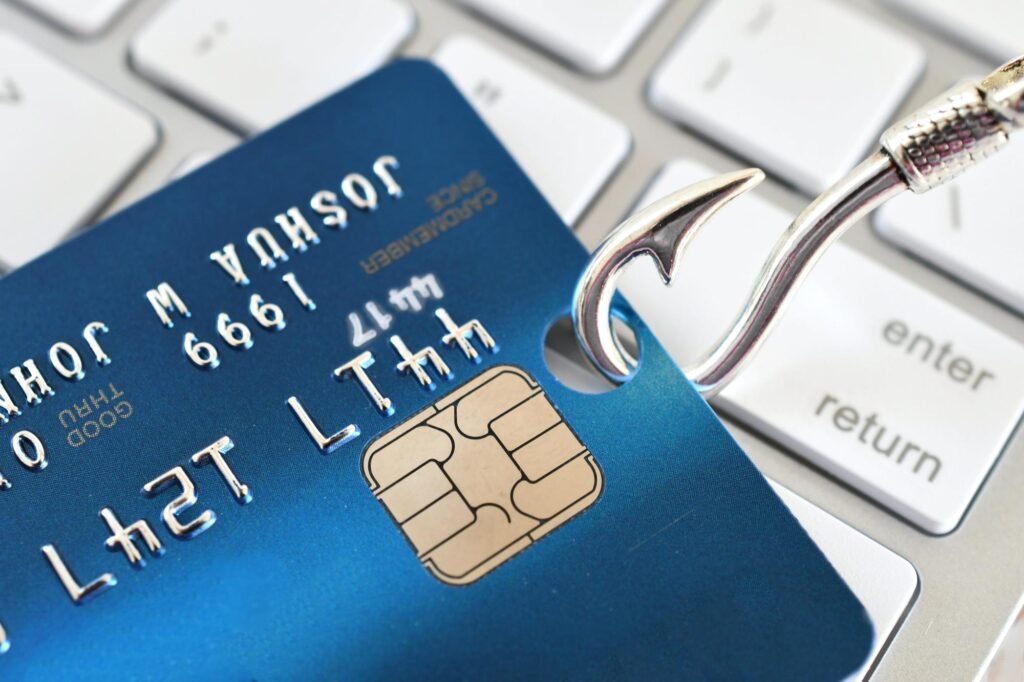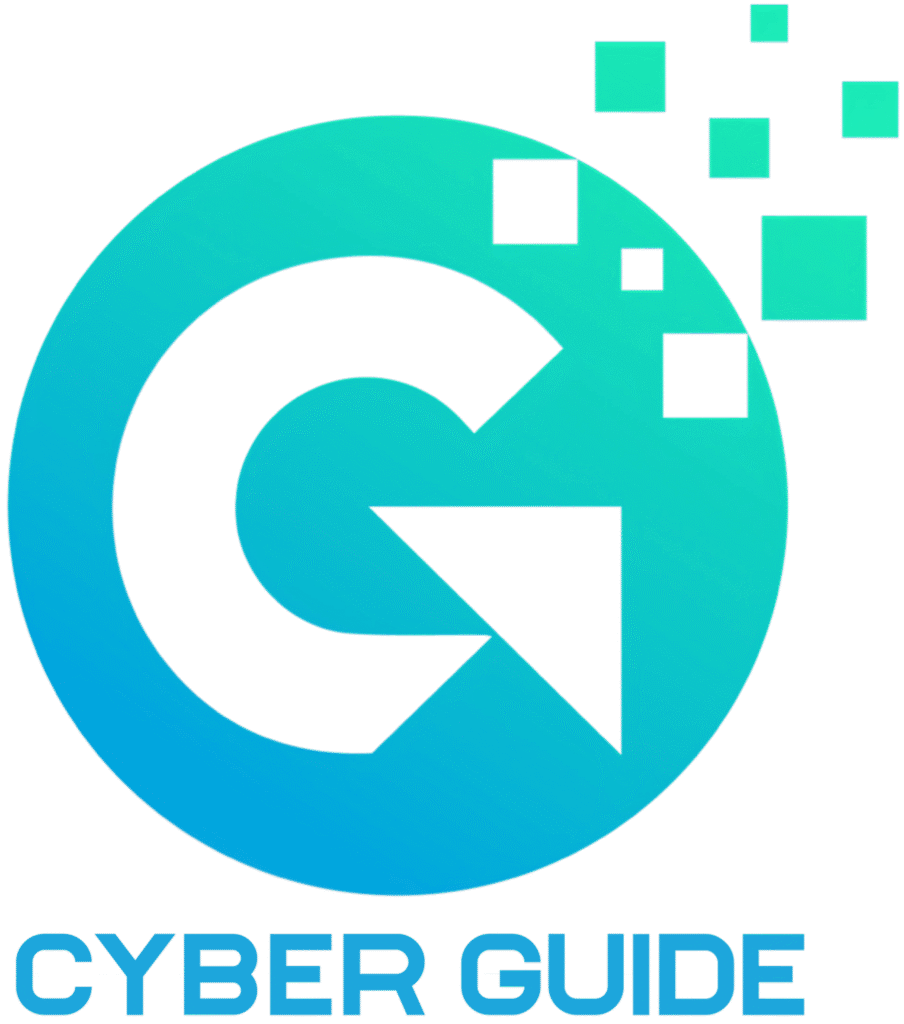Cybersecurity myths can lull NDIS providers into a false sense of security, leaving participant data vulnerable to breaches. Vivek Mahajan, founder of Careable and Cyber.Guide, has tackled these misconceptions head-on since launching Careable as a registered NDIS provider in 2022, drawing on his 12 years of cybersecurity experience at Cisco, NTT, and Fujitsu.
The Australian Cyber Security Centre (ACSC) reports that 43% of cyberattacks target small businesses, with 80% involving stolen credentials. Believing myths like “I’m too small to be a target” risks non-compliance with the NDIS Code of Conduct and Privacy Act 1988. Here’s the truth behind common myths, aligned with ACSC’s Essential Eight and NDIS Practice Standards.
Debunking Cybersecurity Myths
1. “I’m Too Small to Be a Target”
Reality: Small NDIS providers are prime targets due to limited defenses. The 2024 ACSC Annual Cyber Threat Report confirms 43% of cyberattacks hit small businesses, exploiting sensitive data like participant records.
Solution: Implement 2FA, encrypted backups, and secure Wi-Fi, per ACSC’s Small Business Cyber Security Guide.
NDIS Compliance: Robust security meets Privacy Act’s reasonable security measures.
Example: The ACSC notes that small businesses using 2FA have avoided thousands in breach costs by preventing credential theft.
See 2FA tips in Why NDIS Providers Need Two-Factor Authentication.
2. “If I Have Antivirus, I’m Safe”
Reality: Antivirus is just one layer. It doesn’t stop phishing, weak passwords, or unencrypted networks. The ACSC’s Essential Eight requires a multi-layered approach: MFA, backups, and training.
Solution: Use free tools like Microsoft Defender, Bitwarden, and Google Authenticator.

NDIS Compliance: Comprehensive security aligns with NDIS Practice Standards for governance.
Explore tools in Free Tools to Boost Your Cybersecurity.
3. “Hackers Only Care About Credit Cards”
Reality: Participant data—case notes, NDIS plans, health records—is valuable on the dark web for identity theft or fraud. The ACSC warns that stolen personal data fuels 60% of cybercrimes.
Solution: Encrypt data with tools like Google Drive and secure access with 2FA, per ACSC’s Cloud Security Guidance.
NDIS Compliance: Data protection upholds NDIS Code of Conduct for participant privacy.
Learn about backups in Backing Up Your NDIS Business Data.

4. “My Staff Wouldn’t Fall for a Phishing Email”
Reality: Sophisticated phishing mimics trusted sources like MyGov or NDIS portals. The ACSC’s Phishing Guidance notes that 90% of breaches start with phishing.
Solution: Train staff with ACSC’s free modules at cyber.gov.au/learn and run phishing simulations.
Real Impact: At Careable, Vivek’s NDIS provider, enabling 2FA in 2023 countered phishing risks, aligning with ACSC guidance.
NDIS Compliance: Training meets NDIS Practice Standards for staff education.
See phishing tips in Phishing Scams: How to Spot and Stop Them.
5. “Cloud Storage Is Dangerous”
Reality: Cloud platforms like Google Workspace and Microsoft 365 are secure with encryption and 2FA. The ACSC notes that misconfigured clouds, not the cloud itself, cause breaches.
Solution: Enable encryption, 2FA, and access controls on OneDrive or Google Drive.
NDIS Compliance: Secure cloud use meets Privacy Act’s security requirements.
Learn about cloud backups in Backing Up Your NDIS Business Data.
6. “We’ve Never Been Hacked, So We Must Be Fine”
Reality: Breaches often go undetected for months. The ACSC reports that 30% of small businesses discover breaches only after data is misused.
Solution: Monitor networks with free tools like GlassWire and audit systems quarterly, per ACSC’s Network Security Guidance.
NDIS Compliance: Monitoring aligns with NDIS Practice Standards for governance.
See incident response in What to Do If Your NDIS Business Gets Hacked.
7. “Cybersecurity Is Too Expensive”
Reality: Free tools like 2FA apps, password managers, and cloud backups are highly effective. The ACSC warns that breaches cost small businesses $46,000 on average—far more than prevention.
Solution: Use free resources from Cyber.Guide and ACSC’s Small Business Cyber Security Guide.
NDIS Compliance: Cost-effective security meets Privacy Act’s reasonable measures.
Explore free tools in Free Tools to Boost Your Cybersecurity.
Why This Matters
Believing cybersecurity myths risks participant trust and NDIS compliance. The ACSC warns that 60% of small businesses fail within six months of a cyberattack, with average losses of $46,000. As Vivek says, “You care for people—I’ll help protect the systems that support them.” Debunking myths ensures compliance with the NDIS Code of Conduct and safeguards participant dignity.
About Cyber.Guide: Founded by Vivek Mahajan in 2022, Cyber.Guide empowers NDIS providers with free, practical cybersecurity tools tailored to the sector. Our mission, rooted in Careable’s C.A.R.E. philosophy (Compassion, Accountability, Respect, Empowerment), is to secure the systems that support your participants.
Test Yourself: Are myths holding back your NDIS business’s security? Take our free Cybersecurity Quiz to find out.
Author: Vivek Mahajan, founder of Careable and Cyber.Guide, brings 12 years of cybersecurity experience from Cisco, NTT, and Fujitsu, plus hands-on NDIS expertise as a registered provider. Connect at vivek@careable.com.au or LinkedIn.
Trust Note: All Cyber.Guide content is fact-checked, updated quarterly, and aligned with ACSC’s Essential Eight and NDIS Practice Standards. Examples are generalized from ACSC data or verified outcomes; no unverified incidents are included. Statistics are sourced from the 2024 ACSC Annual Cyber Threat Report. See our Privacy Policy.
CTA: Download our NDIS Cybersecurity Myth-Busting Guide at Cyber.Guide to protect your participants today.
Incident Reporting: If you suspect a cyber incident, report it to the ACSC at cyber.gov.au/report and notify the OAIC for eligible data breaches, per the Privacy Act 1988.





